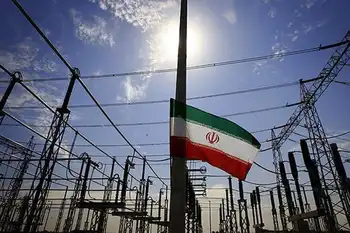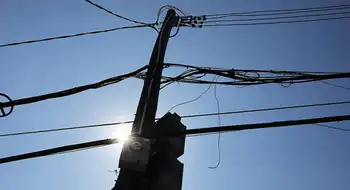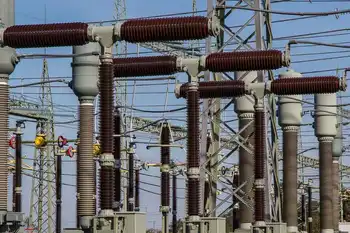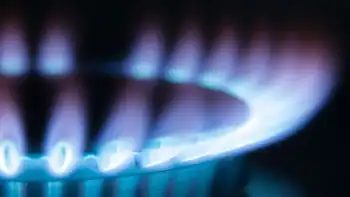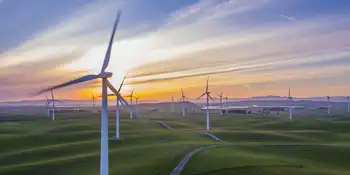West Virginia may repeal nuclear power ban
By Associated Press
NFPA 70b Training - Electrical Maintenance
Our customized live online or in‑person group training can be delivered to your staff at your location.

- Live Online
- 12 hours Instructor-led
- Group Training Available
A bipartisan group of senators has introduced legislation to repeal a partial 1996 ban on the building of nuclear power plants.
"A ban is inconsistent with West Virginia's claim that it is an energy state," said Sen. Brooks McCabe, the bill's lead sponsor.
"There's a lot of talk about all kinds of creative approaches for dealing with the nation's energy needs," the Kanawha County Democrat said. "We ought to embrace all reasonable forms of energy."
A lobbyist with the group that helped pass the limited ban questioned why energy-rich West Virginia would bother with the associated risks.
"I understand that these plants require a lot of water, and would need to be along one of our rivers," said Don Garvin of the West Virginia Environmental Council. "Perhaps we should build one on the Kanawha (River), maybe right next door to the state Capitol."
Gov. Joe Manchin called for alternative or renewable sources to account for 25 percent of the energy sold in the state by 2025. But he is cool to the proposal, spokesman Matt Turner said.
"Gov. Manchin believes we need to examine all of our available resources to reach energy independence for our nation," Turner said. "However, he believes that because West Virginia has an abundance of coal that nuclear power is not as practical as the resources already at our hands."
While not forbidding nuclear power plants, the 1996 law sets several hurdles for one. They include a requirement that the country have a dumping site for radioactive waste that has operated safely and effectively for at least two years.
A national waste repository has been proposed for Yucca Mountain in Nevada, 90 miles northwest of Las Vegas, but state and local officials have fought the project for more than 20 years.
Designed to hold 77,700 tons of spent reactor fuel for 10,000 years, both President Obama and his energy secretary, Steven Chu, have questioned some of its safety features and want other options explored.
McCabe estimated that it takes years, if not decades, for a proposed nuclear plant to progress from the drawing board and through the permitting process to a groundbreaking. While the state must pay heed to environmental and safety concerns, McCabe said those concerns can be addressed and resolved as a project advances.
"There are new technologies out there. It's a rapidly changing environment," McCabe said. "We should not be drawing a line in the sand."
Thirty-one states now harness nuclear power, which provides slightly less than 20 percent of the nation's electricity, far behind coal and natural gas. Rich in both of those natural resources, West Virginia is the nation's second-largest producer of coal and burns it for 98 percent of its electricity.
Garvin noted that the state already exports 70 percent of the power it produces.
"We're kind of mystified," he said. "We fail to understand the purpose of this attempt. There's no huge economic interest that would benefit West Virginians."






